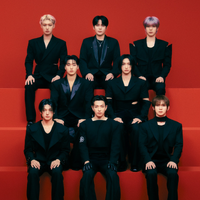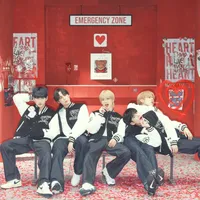
SM Entertainment / KQ Entertainment
K-Pop is one of the musical genres that are highly inclined to be innovative and follow trends. This goes for visual performance aspects of the genre, as well as the integral elements within the production process. In recent years, fans have been noticing that K-Pop songs are increasingly making use of samples and interpolation, as a rising trend.
Whilst the use of samples and interpolation has been consistent in K-Pop over the years, the past couple of years have definitely seen an increase in more and more blatant intertwines of other music.
Have you noticed an increase in K-Pop songs that sound familiar/similar by your favorite K-Pop artists these days?
Today, we'll delve into understanding more about where this familiarity stems from in this article.
The generally experimental nature of K-Pop
K-Pop is known as a genre that is open to ideas.
"K-Pop is all about experimentalism. You can go from super bubblegummy pop one minute to a hardcore breakdown the next second. Most K-Pop fans won't even blink at this point."
- "Explained" series, K-Pop episode
In this case, samples and interpolations originally generate from the hip-hop music culture. Hip-hop was the only genre to use these music production techniques for a long period of time before the methods were adopted by pop music and K-Pop, as well. They are both considered experimental music production tools that mix nostalgia with fresh originality.
K-Pop, in particular, is known as an already highly-experimental genre; which allows room for all sorts of common and uncommon music production techniques. In order to und
Enjoy full access for just $1
Join over 10,000 active members!
🌟 Special Contents for Subscribers































